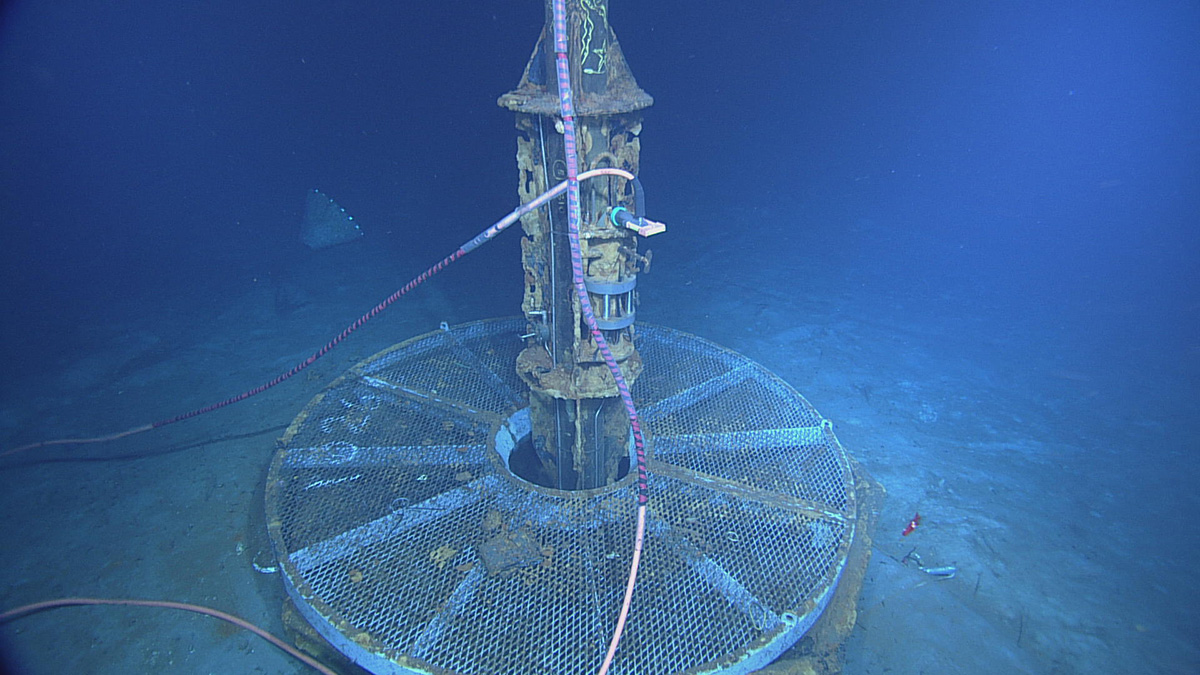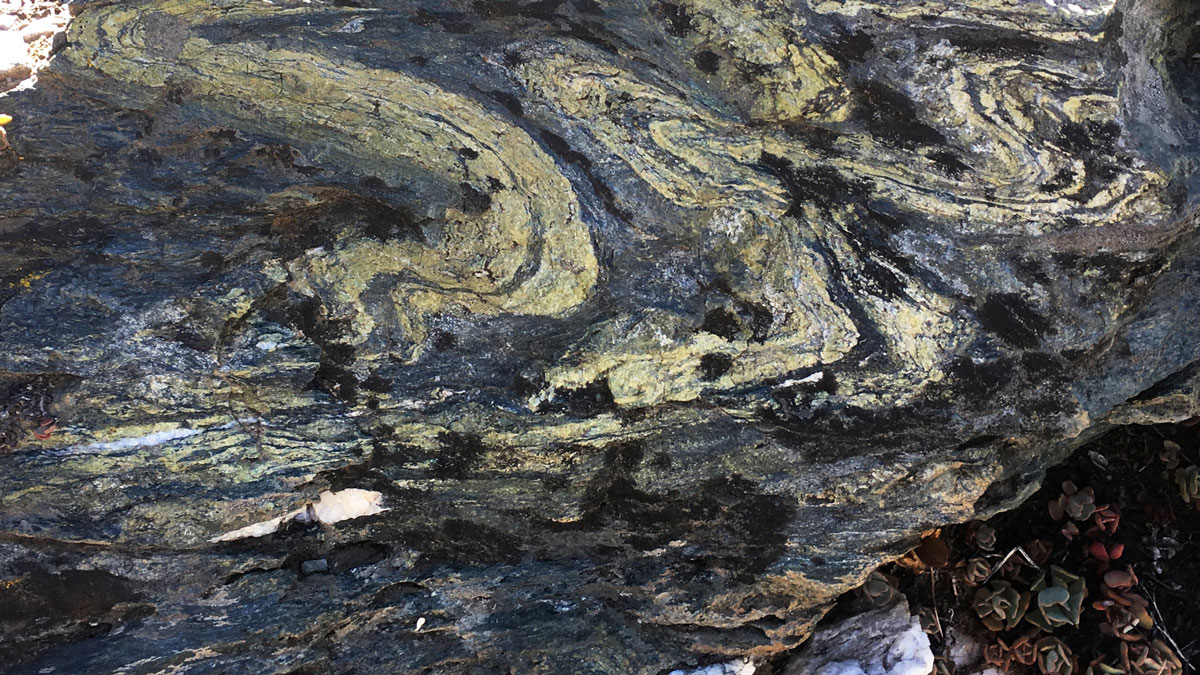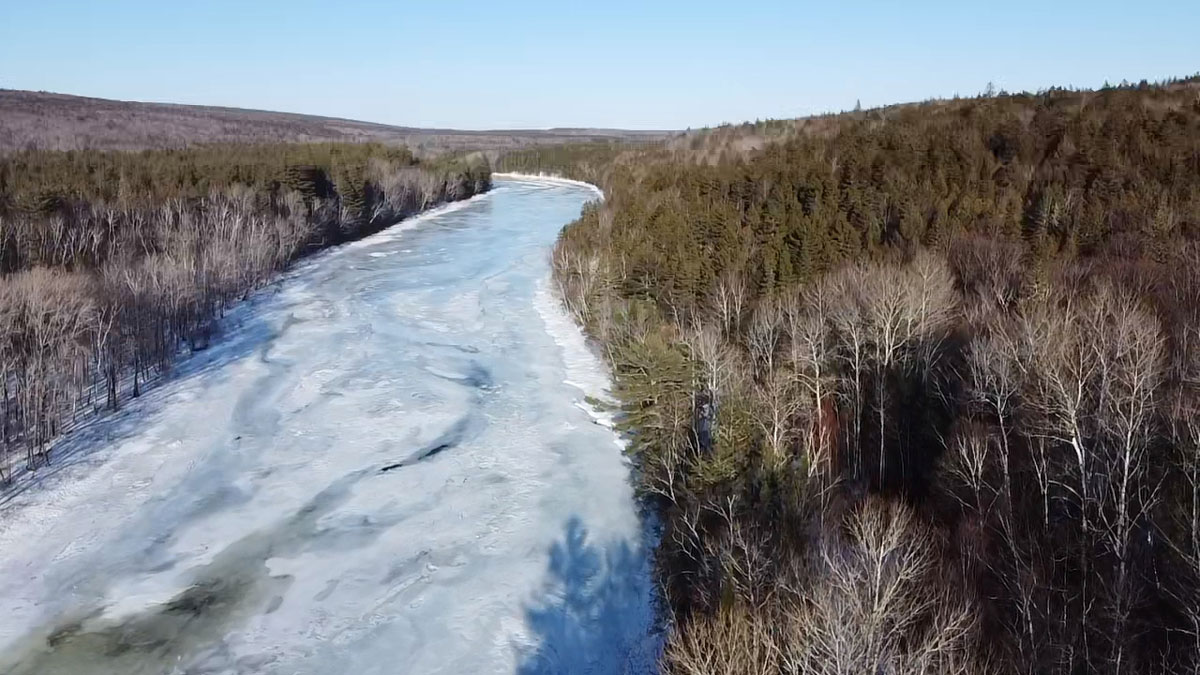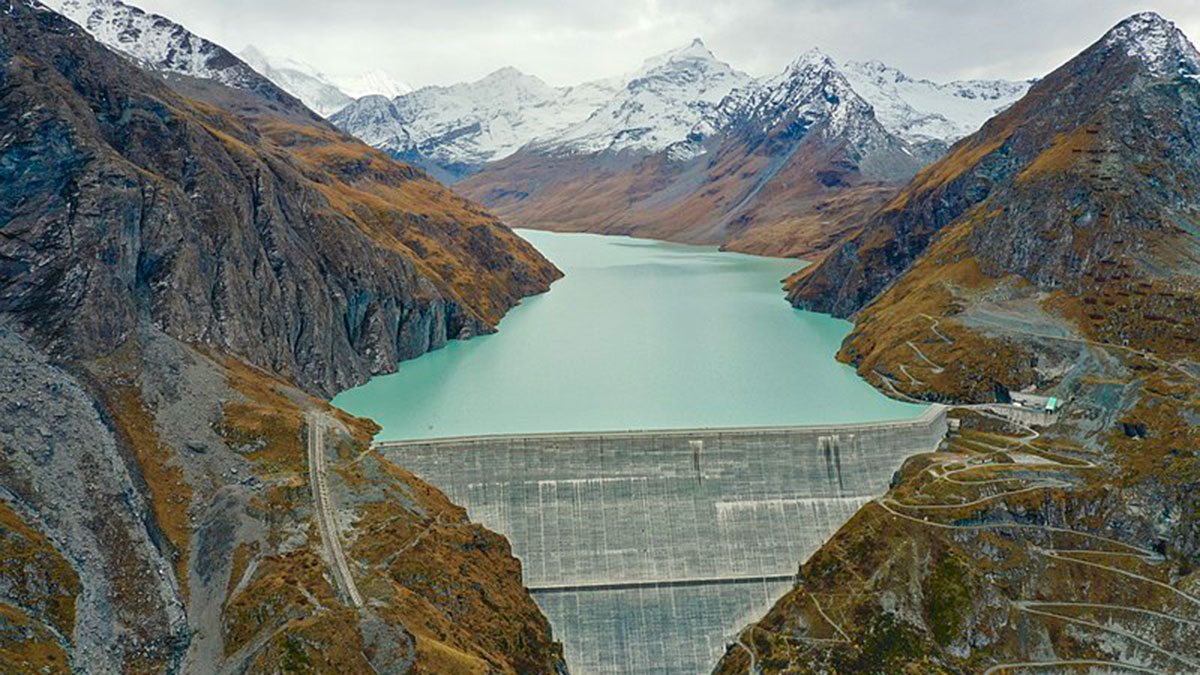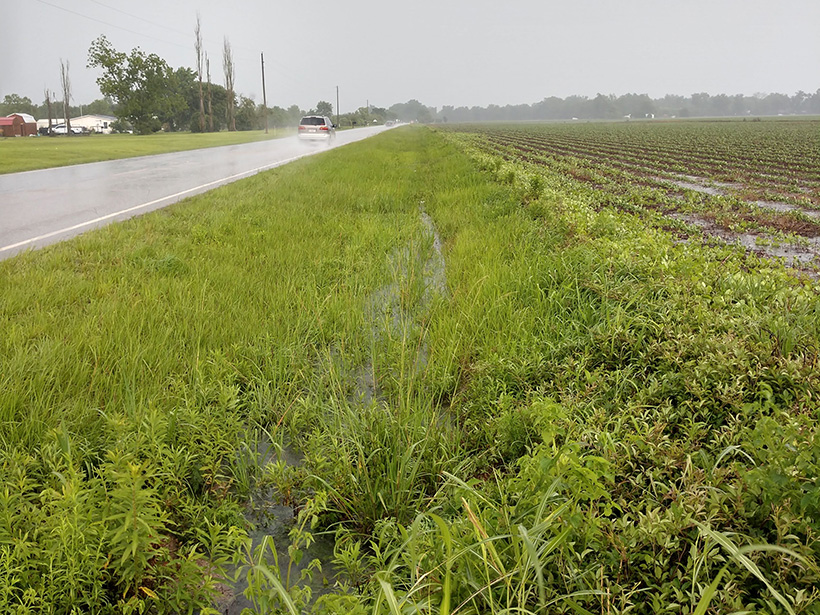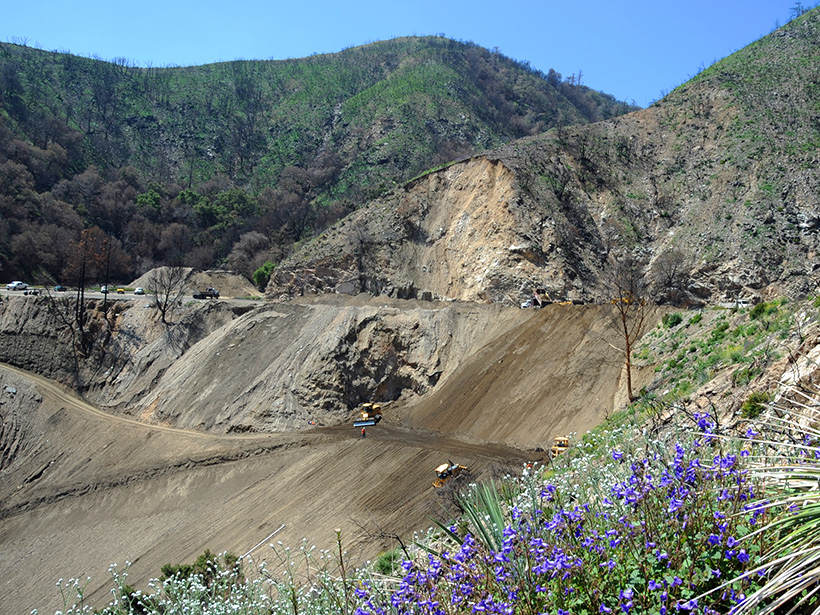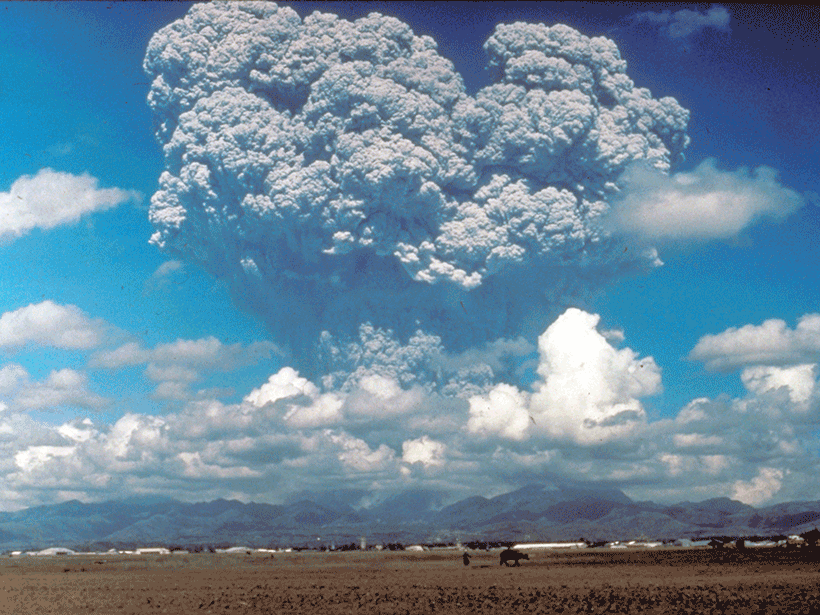New high-sampling rate measurements of fluid pressures in oceanic crust reveal unresolved fractures and pathways for fluid flow.
Sarah Derouin
Sarah Derouin is a freelance science journalist and editor who has been writing for Eos since 2017. She has a doctorate in geology from the University of Cincinnati and is a graduate of the Science Communication Program at University of California, Santa Cruz. Sarah has written for New Scientist, Scientific American, Popular Mechanics, Science, EARTH Magazine, and Mongabay. She was the 2018–19 Science Communication Fellow for the Geological Society of America and attended Congressional Climate Science Days. Beyond writing, Sarah was an acting associate editor for EARTH Magazine. She also worked behind the scenes as an assistant producer on Big Picture Science radio show, broadcast on more than 140 public radio stations. You can find more of her work at www.sarahderouin.com or connect with her on Twitter @Sarah_Derouin.
Unearthing the Cause of Slow Seismic Waves in Subduction Zones
Researchers look to the fossil rock record to unearth the driving forces for variable seismic speed through subduction zones.
River Ice Can Shape Watershed Ecology
As river ice cover decreases, the physical and biological changes to river ecosystems vary with the watershed characteristics and river size.
Researchers Zero In on Methane Released from Reservoirs
Using new methods, researchers can estimate how much methane is released each day from reservoirs—an important step in estimating global methane emissions.
How Long Do Black Carbon Particles Linger in the Atmosphere?
Researchers uncover how black carbon evolves from hydrophobic particles to cloud nucleation sites, eventually removing the heat-absorbing particles from the sky.
Is Your Home at Risk of Experiencing a Natural Disaster?
In the contiguous United States, 57% of structures are at risk of experiencing at least one natural hazard—and risk is driven by greater development in hazardous areas against a backdrop of climate change.
Roadside Ditches Are Effective at Nitrogen Removal
Researchers compared the nitrogen removal potential by microbes in ditches that drained forested, urban, and agricultural lands and discovered that roadside ditches are important areas for removing nutrients.
Detailed Geologic Mapping Helps Identify Health Hazards
A team of geologists and nursing researchers created an interactive radon hazard map for Kentucky residents—and it was possible only because of the high-resolution bedrock mapping in the state.

